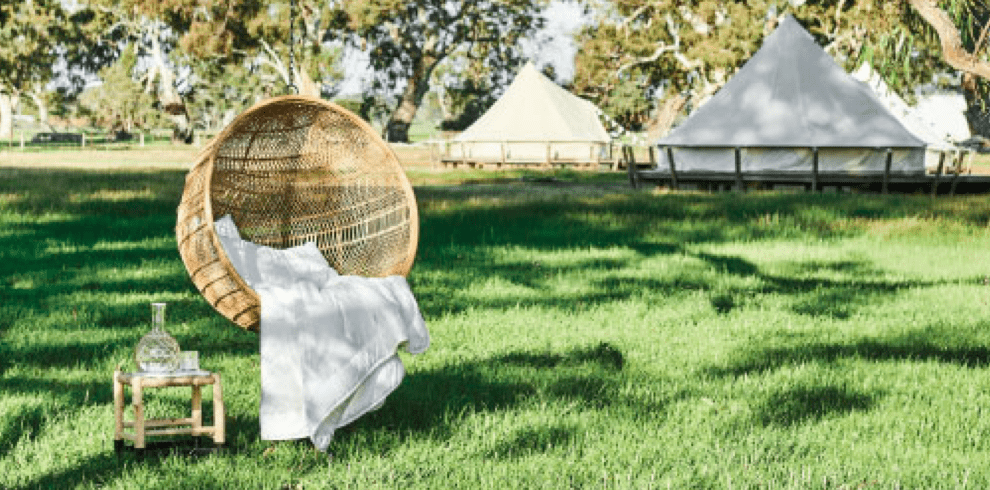For years, society has been led to believe that a solid eight hours sleep each night is the norm and absolutely essential for wellbeing. Those waking during the night are frustrated with their inability to sleep and concerned for the impact of this insomnia on their health. According to sleep historian Professor Roger Ekirch however, waking during the night is a perfectly natural throwback to our ancestors. Apparently, the notion of sleeping soundly all night long is a 'modern invention', unheard of prior to the late 18th century.
Until the start of the Industrial Revolution, people would regularly have two sleep periods, referred to as the first and second sleeps. Falling asleep as darkness fell, folk would purposely wake for an hour or two shortly after midnight, returning to sleep again until dawn. History suggests that this time between the two sleeps was used for a variety of purposes.
Popular nocturnal activities included meditation, household chores, cleaning or washing, chatting to friends, checking the fire and surrounds and possibly even stealing neighbour's wood. Making love was another popular midnight pastime. Suggestions are made that the large families of the time were a result of high conception rates in well rested participants, whose lovemaking ability and enjoyment was also improved by the first sleep period.
With the increasingly long work hours that accompanied industrialisation, the concept of two sleep periods lost popularity. Perceptions changed; discouraged by proposals of inefficiency, warnings of poor health (due to headache and constipation) and the belief it promoted 'lustful thoughts' in young men and women, people moved towards one longer sleep period.
But it was possibly the widespread replacement of candlelight that occurred with the introduction of lighting that had the greatest impact. Workers now had the ability to carry out tasks after dark, people stayed up later. The extended periods of light altered their circadian rhythms and slowly adjusted their sleeping to a pattern that is more familiar to the 21st century.
So the next time you wake at midnight don't just lie there - let your ancestors inspire you!
Source dailymail.co.uk




